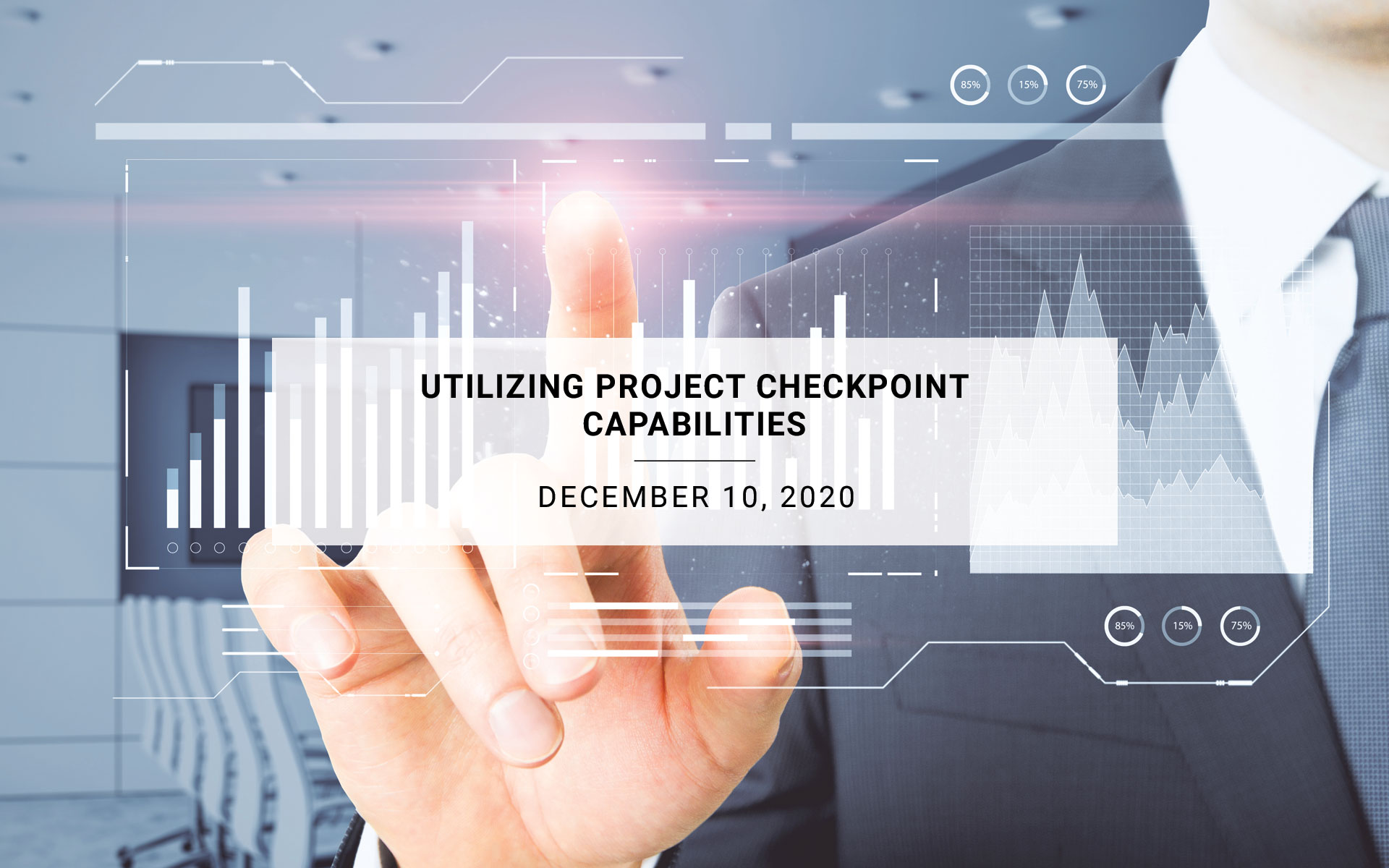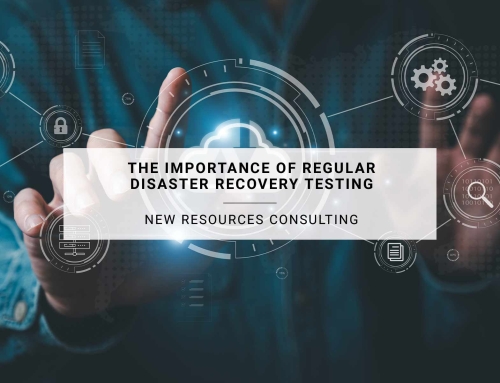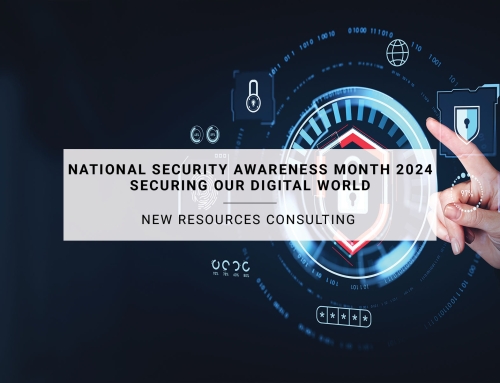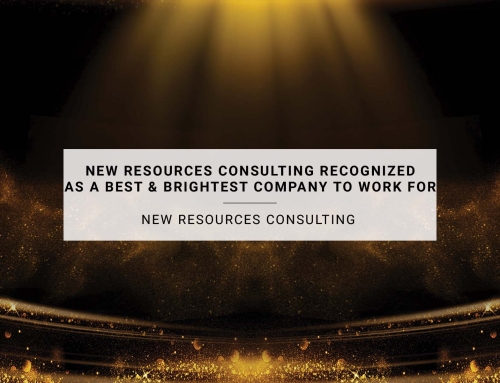Carly Kroll | Director of Education | 2020
According to the Harvest Business Review, recent project statistics indicate that most organizations have a 70% failure rate on projects, accounting for a loss of up to $150 billion per year in the United States. Assessing your organization and projects trajectory and end goals is vital for security and success. Understanding your current risks and opportunities is just the start to ensuring your plans move your business forward. How you get to where you want to be will require an analysis of performance towards your goals and result in recommendations for achieving those goals. In order to get from where you are to where you want to be, the Project Checkpoint process can actively guide you through the stages of assessment and planning.
Initiation and Planning
The first step to move your business forward is to look at your business. If you are conducting a Project Checkpoint analysis, this step will go quicker, but it is often valuable to gain outside unbiased support for conducting the assessment. If you choose to use a third party to gain an understanding of your business, your strategic plans for growth, and your challenges and opportunities, they will need to perform introductory interviews. From these interviews, you and/or the consultants will define strategic objectives. In a similar vein, the project objectives and challenges should also be noted.
After considering the objectives and challenges, key contacts will need to be identified for engagement to ensure smooth communication through the entire process. With those key contacts, a scope of deliverables and engagement need to be established. Finally, a budget should be decided to solidify the plans and ensure that those plans are within the chosen budget’s abilities.
Process and Control Assessment
Once the preliminary planning stages are set, the next steps of process control and assessment may commence. This step is done to evaluate the maturity and fit of the tools, processes, and controls that support the life cycle of the project. Some additional aspects of this step include the management of stakeholders, communication, scope, cost, schedule, time, resource, risk, integration, quality, and procurement.
Project Performance Assessment
The following step is the project performance assessment. This step is used to assess project performance and its utilization of project management best practices. The Project Performance Assessment reviews project performance to date, the utilization of project management best practices, and the deliverable status in terms of scope, quality, and acceptance. An aspect of this step is the use of a Project Status Snapshot that focuses on budget, schedule, issues, and risks. Furthermore, knowledge area review of management areas including integration, stakeholders, communication, scope, time, cost, resource, quality, risk, and procurement is conducted.
Project Value Assessment
The Project Value assessment measures how the project will meet business goals and provide value to the enterprise. It reviews how the project supports the strategic direction of the enterprise, evaluates the business case, and determines how project deliverables will provide measurable results and support the related business changes.
This segment of Project Checkpoint focuses on three (3) principal areas:
- Strategic Alignment Review
- Identify the strategies the project supports
- Identify related projects in the strategic portfolio
- Business Case Assessment
- Review goals and objectives
- Review current baselines and benchmarks
- Assess ROI and benefit targets
- Benefit Realization Assessment
- Review metrics and KPI
- Assess enabling deliverables
- Assess related business changes
Findings and Recommendations
Finally, it is important to present assessment findings and prioritize recommendations. Findings and Recommendations consolidate the results of the assessments and provide prioritized recommendations for leveraging strengths, addressing weaknesses, taking advantage of opportunities, and mitigating threats.
Interested in having Project Checkpoint implemented at your organization? Then reach out to New Resources Consulting at info@newresources.com and one of our team members will support you.







